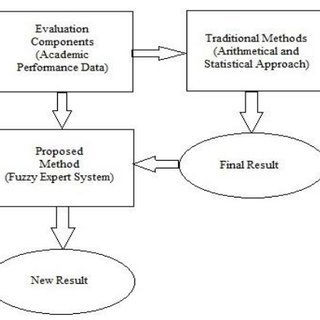
Analyzing academic performance is a great project idea! Here’s a basic guide to help you get started:
Define Metrics:
- Determine the metrics you want to evaluate, such as grades, attendance, participation, or exam scores.
- Consider any specific criteria or weightings for different assessments.
Data Collection:
- Gather relevant data, including student information, grades, attendance records, and any other data points you want to analyze.
- Ensure data privacy and compliance with any regulations.
Data Preprocessing:
- Clean and preprocess the data to handle missing values or outliers.
- Transform the data into a suitable format for analysis.
Descriptive Statistics:
- Calculate basic statistics such as mean, median, mode, and standard deviation to understand the overall performance distribution.
Visualization:
- Create visualizations like histograms, pie charts, or scatter plots to represent the data effectively.
- Visualize trends and patterns in academic performance.
Correlation Analysis:
- Explore relationships between different variables (e.g., attendance and grades) using correlation analysis.
- Identify any significant correlations that may impact academic performance.
Predictive Modeling (Optional):
- If you’re feeling ambitious, you can explore predictive modeling techniques like regression analysis to predict future performance based on historical data.
Dashboard Development:
- Create an interactive dashboard to present your analysis visually.
- Consider using tools like Tableau, Power BI, or coding it yourself with libraries like Dash or Shiny.
User Feedback:
- Gather feedback from potential users (teachers, administrators) to improve the usability and relevance of your analysis.
Implementation:
- Implement your academic performance evaluation system in a way that integrates with existing educational platforms or systems.
Security Considerations:
- Ensure that student data is handled securely and that the system complies with relevant privacy regulations.
Documentation:
- Document your project thoroughly, including the methodologies used, algorithms implemented, and any challenges faced.
Remember, collaboration with educators and administrators can provide valuable insights to tailor your project to the specific needs of the educational institution. Good luck with your academic performance evaluation project!
